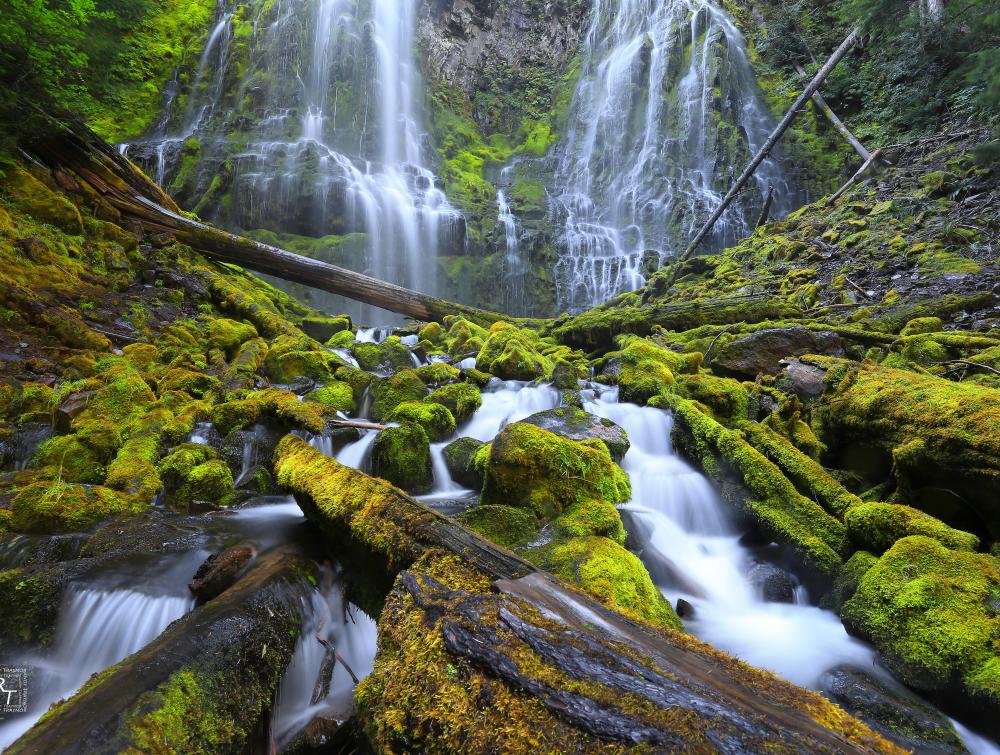Why Protect Wilderness

Three Sisters Wilderness in Oregon.
Randy Traynor.
Since the Wilderness Act passed in 1964, Congress has designated 111 million acres of federal wildlands as official wilderness. Official wilderness has the highest form of protection of any federal wildland.
Since the Wilderness Act passed in 1964, Congress has designated 111 million acres of federal wildlands as official wilderness. Official wilderness has the highest form of protection of any federal wildland.
Protected wilderness exists within the National Wilderness Preservation System. This wilderness is the wildest of the wild. It has no roads, no development. It is the last remnant of pristine wildlands that once stretched from coast-to-coast.
Why we need wilderness
The benefits of wilderness are numerous. Wilderness provides so much more than a place to camp, hike or fish. Wilderness cleans our air and filters our water. It provides a home for wildlife and an economic driver for local communities.
Why we should protect wilderness
There are many reasons we need to protect wilderness:
- Wilderness protects watersheds that provide clean drinking water to surrounding communities.
- Wilderness filters and cleans the air we breathe.
- Many animals we love call wilderness their home.
- People depend on wilderness for their favorite recreation opportunities, such as: nature walking, wildlife watching, hiking, hunting, fishing, canoeing and camping.
What wilderness designation prevents
Wilderness designation protects wildlands from the negative effects of over-development, like pollution and habitat destruction. It also protects fragile ecosystems from:
- Logging
- Mining
- Oil and gas drilling
- Road building
- Off-road-vehicle use
- Industrial or other development
How we protect wilderness
Congress can use the Wilderness Act of 1964 to designate wilderness within our public lands. It is the highest form of protection. Designation campaigns can take years and sometimes even decades to be successful. We work with local partners in states where wilderness protections are needed to convince lawmakers to protect areas in their states. At the same time, we work to safeguard unprotected areas from development so that their wild character is not lost while they await formal protections.
Helpful links
